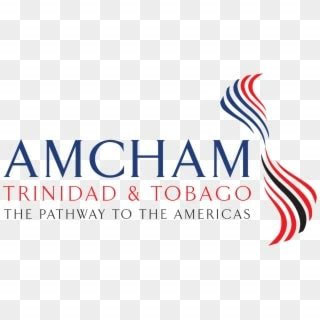The concern in the business community in Trinidad and Tobago over a protracted crime spree that is believed to be, in some instances a manifestation of a ‘gang wars’ but which is as well targeting the business community has, not for the first time in recent months, prompted the American Chamber of Commerce of Trinidad and Tobago to express its concern over what it says is the increasingly negative impact of the country’s crime surge and the ability of its members to pursue their business activities untroubled by concerns over robberies and worse, attacks that inflict injuries and claim lives.
Persistent reports out of Port-of-Spain over several months have been sending messages of what appears to be a mix of gang wars and routine criminal activity over what AMCHAM TT says is the increasingly negative impact of crime on business and the seeming failure of the police to rein in the bloodshed, much of which, as well, reflect the targeting of the business community. Days ago the Trinidad Guardian issue repeated its worry about the crime situation which it says, apart from its impact on trading, is also taking lives. The extent of the worry is reflected in the fact that AMCHAM TT’s sentiments on crime are prominently reflected in its important package of budget recommendations submitted to the Ministry of Finance days ago. AMCHAM TT is reportedly asking the Trinidad and Tobago Government to have its Police Service Commission “set publicly available targets for the Commissioner of Police”, seemingly an indication that it is recommending that the Force assume a more proactive posture in the area of both detection and prevention as well as raising its game in its response to active crimes.
AMCHAM is also calling for the infusion of leadership management, performance management and other types of training for the police service, an indication that it may be unconvinced about the extent, in some areas, to provide a fulsome response to the crime wave. The Guardian report says that AMCHAM TT is also seeking “state-of-the-art DNA testing on a routine basis, updated equipment at the Forensic Science Centre and the recruitment of higher qualified staff.” Specifically, the Guardian report says that AMCHAM TT is seeking the setting aside of “a dedicated DNA lab that meets international standards and is equipped with the latest technology and equipment for DNA analysis and testing with appropriately trained staff with the right skills to handle the complex procedures to ensure legal challenges will be met and observed.” Beyond these demands, AMCHAM TT is pushing for the creation of a “comprehensive and centralized database with DNA profiles from all convicted offenders, suspects, missing persons as well as victims of crime.”
AMCHAM TT’s raft of recommendations also reportedly embrace the implementation of a “digital transformation” that equips the Force’s Homi-cide Bureau in pursuit of its murder investigation regime. Contextually, the Guardian report asserts that the Force “currently operates on a paper-based system where the officers are required, in most cases, to write reports by hand. Case files are not available digitally, which hinders the flow and oversight of in-vestigations,” AMCHAM TT reportedly says. It adds, according to the Guardian report, that “digital transformation should encompass procuring high tech software for managing the flow and oversight of investigations; furnishing the bureau with hardware, specifically laptops for the officers’ use and the provision of cloud storage for files and CCTV footage.”










